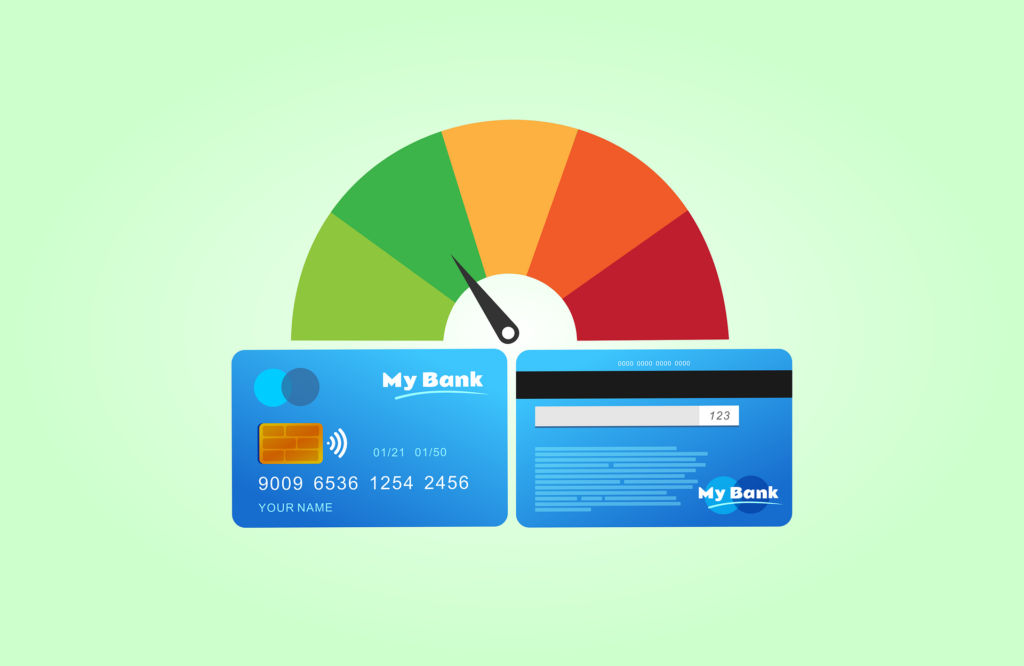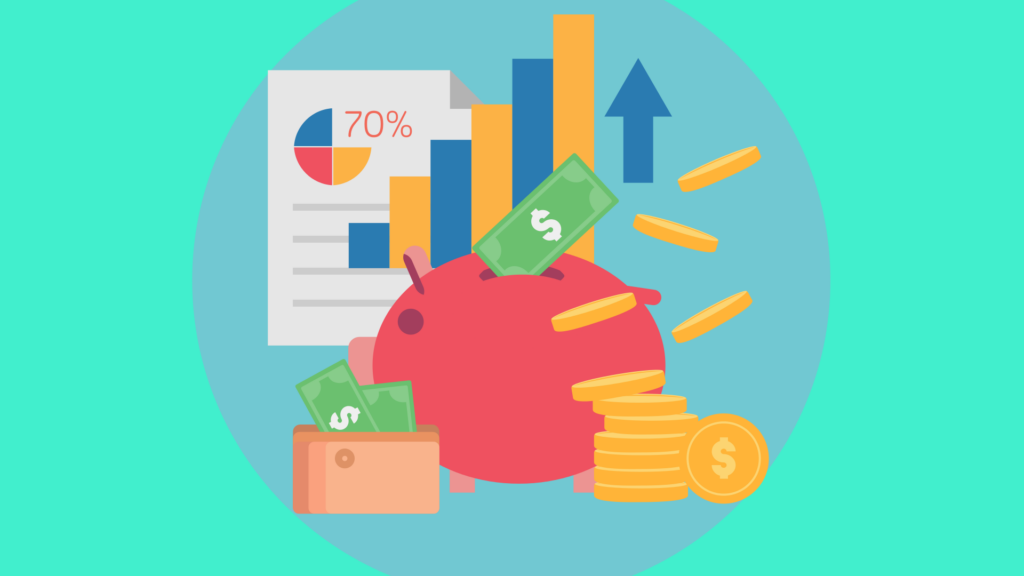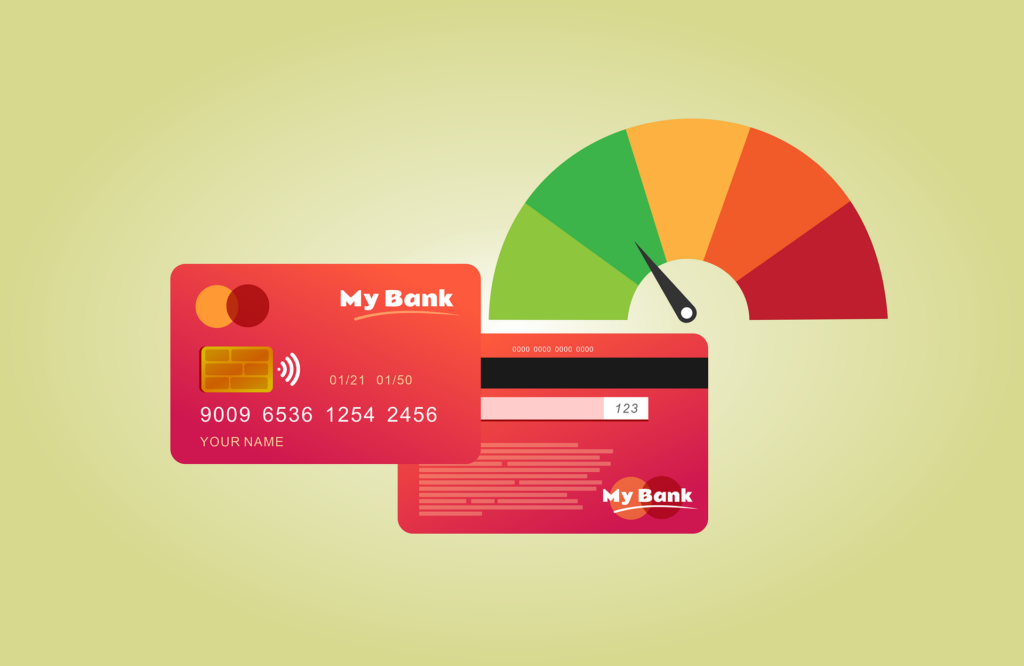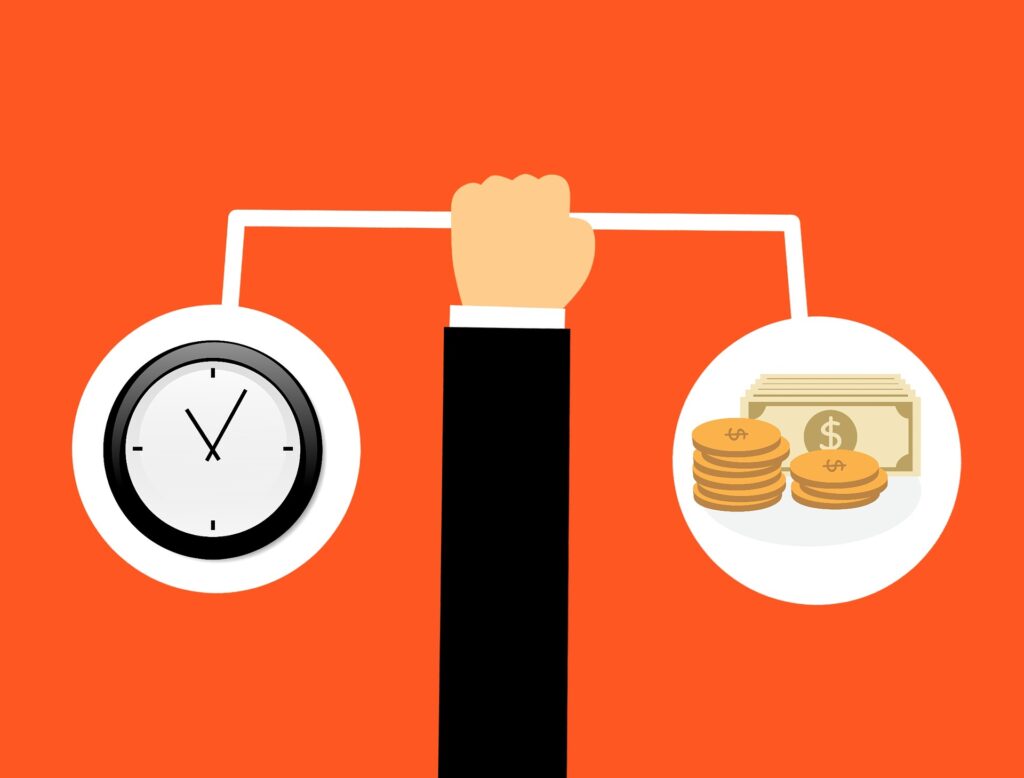Your credit score plays a key role in your financial life, impacting your ability to obtain loans, secure favorable interest rates, and even rent an apartment. If your credit score is currently below par, it’s essential to take proactive steps to improve it.
While rebuilding your credit may seem daunting, it’s entirely possible to increase your credit score significantly over time. In this article, we will outline a series of practical steps you can take to boost your credit score by a remarkable 200 points. Let’s dive in!
Review Your Credit Reports
To begin your credit score improvement journey, you should obtain copies of your credit reports from the major credit bureaus—Equifax, Experian, and TransUnion. Carefully review each report for inaccuracies, such as erroneous late payments or accounts that don’t belong to you.
Dispute any errors you find, as they may be dragging down your score. Regularly monitoring your credit reports can help you identify areas that need improvement and track your progress as you implement changes.
Pay Your Bills on Time
Consistently paying your bills on time is one of the most significant factors in improving your credit score. Payment history constitutes a significant portion of your overall score.
Ensure that all your bills, including credit cards, loans, and utilities, are paid by their due dates. Late payments can have a detrimental impact on your creditworthiness. Consider setting up automatic payments or reminders to help you stay on track.
Reduce Credit Card Balances
High credit card balances can negatively affect your credit utilization ratio, which compares your outstanding balances to your total available credit. Aim to keep your credit card balances below 30% of your credit limits.
If possible, pay down your balances aggressively to lower your utilization ratio and demonstrate responsible credit management. It’s generally better to distribute your balances across multiple cards rather than maxing out a single card.
Avoid New Credit Applications
Every time you apply for new credit, such as a credit card or loan, a hard inquiry is generated on your credit report. These inquiries can lower your credit score, especially if there are multiple inquiries within a short period. Limit making new credit applications unless it is absolutely necessary.
Instead, focus on managing and improving your existing credit accounts. Over time, responsible credit usage and on-time payments will have a positive impact on your credit score, which can help anyone during times of high inflation.
Diversify Your Credit Mix
Credit bureaus consider the variety of credit accounts you hold when calculating your credit score. Having a healthy mix of credit types, such as credit cards, mortgages, auto loans, or personal loans, can positively impact your score. If you lack diversity in your credit portfolio, consider responsible utilization of different types of credit to demonstrate your ability to handle various financial obligations.
Become an Authorized User
If you have a trusted family member or friend with good credit, ask if they can add you as an authorized user on one of their credit cards. As an authorized user, the positive payment history and credit utilization of the primary cardholder can be reflected on your credit report. This strategy can be helpful, particularly if you have a limited credit history or previous credit issues.
Bonus Tip: Monitor Your Credit Utilization Ratio
In addition to the steps outlined above, keeping a close eye on your credit utilization ratio can further boost your credit score. This ratio compares your total credit card balances to your overall credit limit. Aim to keep your utilization below 30% to demonstrate responsible credit management. Regularly monitoring your balances and paying them down can help improve this ratio which can be a bright spot during a recession.
Additionally, consider requesting credit limit increases on your existing credit cards, as this can effectively lower your utilization ratio. By actively managing your credit utilization, you can make significant strides in improving your credit score.
The Bottom Line
Increasing your credit score by 200 points requires discipline, time, and responsible financial habits. By following these steps—reviewing your credit reports, paying bills on time, reducing credit card balances, limiting new credit applications, diversifying your credit mix, and becoming an authorized user—you can significantly improve your creditworthiness and open doors to better financial opportunities. Start today and watch your credit score soar!





